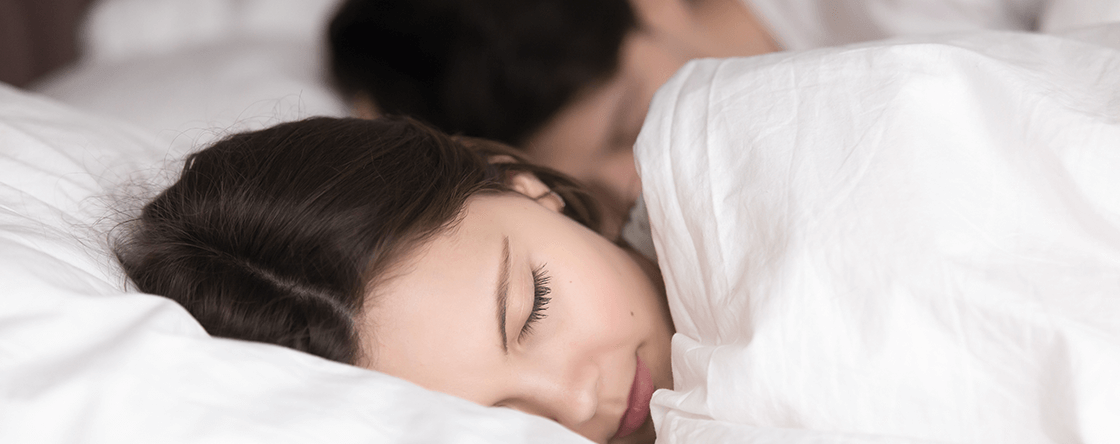Having a good night’s sleep regularly is important for maintaining good mental health.
When we don’t get enough sleep, it can lead to a variety of issues, such as depression and anxiety. However, with the demands of everyday life, it can be difficult to achieve. To assist you, we’ve compiled a list of the best ten ways to get a decent night’s sleep.
1. Bedtime free of Tech

The bedroom should be a place where we associate sleeping. You should try to keep distractions out of your bedroom if at all necessary. It’s preferable to watch television, check social media, and eat in a separate space. This will encourage you to unwind in your bedroom with no distractions.
Be aware of the presence of electronics and devices such as computers, phones, laptops, and televisions. Melatonin development is suppressed by backlit ‘blue light’ shows, which disrupt sleep. Melatonin is a hormone that makes you sleep. To reduce the effect of these devices on your sleep, turn them off two hours before you go to bed.
2. Manage Physical Symptoms that Prevent Sleep
Physical health issues will prevent you from having a decent night’s sleep, as anyone who has tried to sleep with a blocked nose or headache knows. It’s easy to overlook minor symptoms, but you’ll thank yourself later if you make consulting with a pharmacist about effective medicine for symptom management a priority.
3. Have the right light, temperature, and sound

It might seem obvious, but too much light and background noise may make it difficult to fall asleep or stay asleep. Eye masks or earbuds are excellent investments for light and noise sources that you can’t monitor.
Separate blankets or other options that make less of a sleep compromise should be considered if you share a bed with a partner who has different temperature preferences.
4. Addressing Worry
Excessive sleep-related thinking or attempting to force yourself to sleep would only hold you alert. Instead, learning to calm both your body and mind will make it much easier for you to fall asleep.
5. Mind the food
Chemicals produced by rice, oats, and dairy products can enhance our desire to sleep. In addition to the obvious caffeine, foods and beverages high in sugar will keep you awake if consumed late in the day. A large meal late in the evening can also keep you awake.
6. Alert on Alcohol
While alcohol can make you sleepy and help you fall asleep, it also degrades the quality of your sleep and makes you more likely to wake up during the night as the effects wear off, and you can need to go to the bathroom regularly or wake up dehydrated to drink water.
7. Good exercise, Good sleep
Regular exercise can help us sleep better, as well as reduce anxiety and stress. Exercising earlier in the day is preferable because it increases the body’s adrenaline output, which makes sleeping more difficult if done right before bedtime.
8. Avoid daytime napping

If you’re having trouble sleeping, you might be tempted to nap to make up for the lost time. If you’re feeling dangerously tired (while driving or running equipment, for example), this normally does more harm than good because it makes sleeping at night more difficult.
If you’re feeling lazy throughout the day, get up and go for a walk and get some fresh air, or do something difficult for a short period, such as a crossword puzzle or a sudoku puzzle.
9. Get up if you’re not tired
Don’t lay awake at night wondering if you’re having trouble sleeping. Get some fresh air and a drink (no sugar or caffeine, please!) Try reading for a few minutes and then returning to bed when you’re more tired.
10. Have a sleep journal

Keeping a sleep journal to record the circumstances as you went to bed the night before will help you look back and see what has and hasn’t worked for you in the past. It also allows you to see how your sleep differs from night to night, as well as identify sleeping habits.
Our team of qualified professionals can help you start your journey to a better night’s sleep. Get in touch with us at www.shothealth.com




